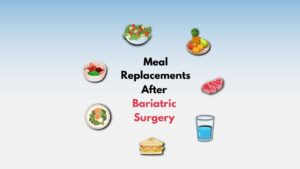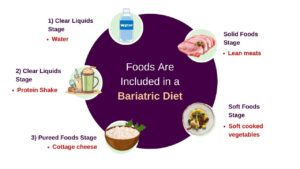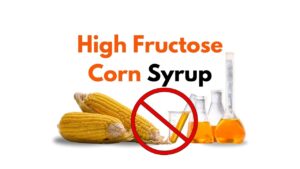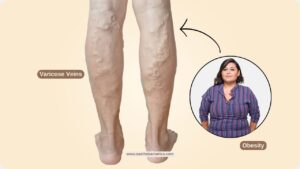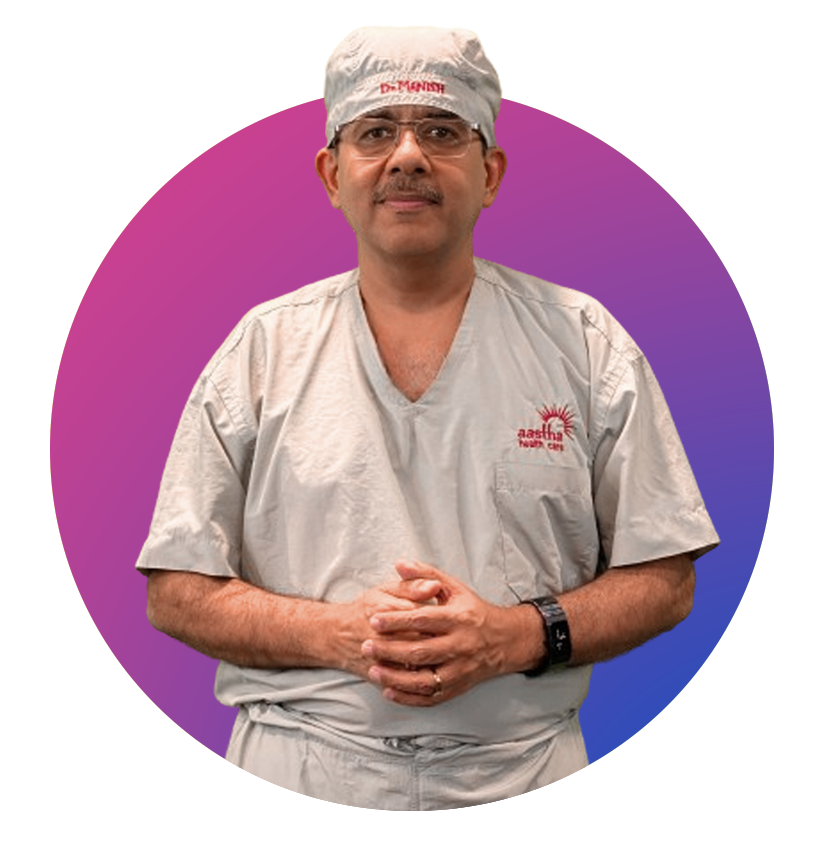
Harshalee
Bariatric Dietician & Content Writer

Type of Fats You Consume after Bariatric Surgery
Dietary fat is one of the three essential macronutrients that our body needs to maintain and function, aside from carbohydrates and protein. They are classified as lipids, which are molecules that are insoluble in water but soluble in fats and oils. Fat has the highest calories of any macronutrient. It has 9 calories per gram, while protein and carbs have 4 calories per gram.
It is advised that up to 20% of total calories come from fat. However, due to its calorie density and the reduction in stomach size after surgery, fat plays a considerably larger part in a bariatric surgery diet as a proportion of calories. We include high-fat foods like nuts and seeds in our dishes, which also provide protein and other vitamins and minerals. However, not all fats are created equal, thus it is critical to learn how to differentiate between good and bad fats.

Fats are classified into 2 main categories
Saturated Fats: Saturated fat is produced by our bodies, hence it cannot be considered an essential fat that we must consume through diet. Consuming a lot of saturated fat can raise your LDL cholesterol (often known as “bad cholesterol”) and increase your chance of developing cardiovascular disorders including diabetes and high blood pressure. As a result, it is advised to reduce your intake of saturated fats.
Saturated fats are typically solid at room temperature and can be found in various animal products such as meat, butter, cheese, and full-fat dairy products. They are also present in certain plant oils, including coconut and palm oil.
Research has shown that excessive consumption of saturated fats is associated with an increased risk of heart disease, elevated cholesterol levels, and other health problems. Therefore, it is essential to consume saturated fats in moderation as part of a balanced diet.
Foods that are high in saturated fats include:
Egg Yolk.
Cheese, Butter, Cream, Sour Cream, etc.
Processed and Packed Food.
Ice cream and frozen dessert

Monounsaturated fats are particularly well-known for their beneficial benefits on heart health. They can help lower LDL or “bad” cholesterol levels, lower blood pressure, and increase insulin sensitivity, all of which contribute to a healthy cardiovascular system. Monounsaturated fats can lower the risk of atherosclerosis, a disorder characterized by the hardening and constriction of arteries, by decreasing the LDL particles that bind to arterial walls and increasing HDL or “good” cholesterol levels.
Polyunsaturated fats, on the other hand, are high in omega-3 and omega-6 fatty acids, which are required by the body for a variety of tasks. Omega-3 fatty acids, in particular, have anti-inflammatory characteristics and have been linked to better heart health, cognitive function, and a lower risk of chronic illnesses.
Examples of foods that are rich in healthy unsaturated fats. Including these foods in your diet can have various health benefits and contribute to improved heart health and overall well-being.
Nuts: Almonds, cashews, peanuts, pecans, and walnuts are all high in unsaturated fats. They are also high in protein, fiber, vitamins, and minerals.
Natural Nut Butter: Choose nut butter made entirely of nuts, with no additional oils or sugars. Peanut butter, almond butter, and other natural nut butter are excellent ways to include healthy fats in your diet.
Hemp seeds, chia seeds, flax seeds, pumpkin seeds, and sesame seeds are high in omega-3 and omega-6 fatty acids, making them excellent additions to salads, smoothies, and toppings for a variety of foods.
Olives and olive oil are Mediterranean diet essentials that are high in monounsaturated fats, which support heart health.
Avocados are high in monounsaturated fats, fiber, potassium, and other vital elements. It is delicious on its own or in salads, sandwiches, and smoothies
What are Omega 3 and Omega 6 Fatty Acids?
Our bodies require specific types of fats that they cannot create on their own. These are known as vital fats. Omega-3 and omega-6 fatty acids are two of the most important. Omega-3 fats are anti-inflammatory, however omega-6 fats might be. We need a balance of both since they complement each other in distinct ways. Omega-3 fatty acids aid to decrease inflammation, protecting the brain, and joints, supporting heart health, and avoiding chronic illnesses.
When the body has high levels of omega-6 and low levels of omega-3, chronic inflammation can ensue, which can cause a number of disorders. Omega-6 fats are common in the Western diet because they are present in highly refined vegetable oils and ultra-processed packaged meals, among other typical items. Most individuals consume more omega-6 fats than they should, particularly those who eat a lot of processed foods. We need both omega-3 and omega-6 fats, but we should obtain them from entire meals like the ones mentioned below.
Rich Sources of Omega 3 are:
Seafood (mackerel, anchovies, tuna)
Nuts and seeds (chia seeds, flax seeds, etc.)
Certain fortified foods or drinks such as oatmeal and soy milk
Rice Source of Omega 6 are:
Pumpkin seeds, hemp seeds, sesame seeds, sunflower seeds, pine nuts, and pistachios
Muesli and rice are examples of whole grains.
Beans (which have an excellent mix of omega 3 and omega 6)
Apart from the 2 main categories of fat you must have heard about Trans Fats. Trans-fat-containing foods should be avoided at all costs. Trans fat is a synthetic saturated fat created by adding hydrogens to an unsaturated fat (oil), altering the molecular structure of the fats. Trans fats raise LDL-cholesterol (“bad” cholesterol) while decreasing HDL-cholesterol (“good cholesterol”), making them particularly harmful to your heart.
These fats are also linked to chronic inflammation, obesity, diabetes, dementia, and an increased risk of cancer. Trans fats are inexpensive to produce and have a long shelf life, making them ideal for use in highly processed foods.

